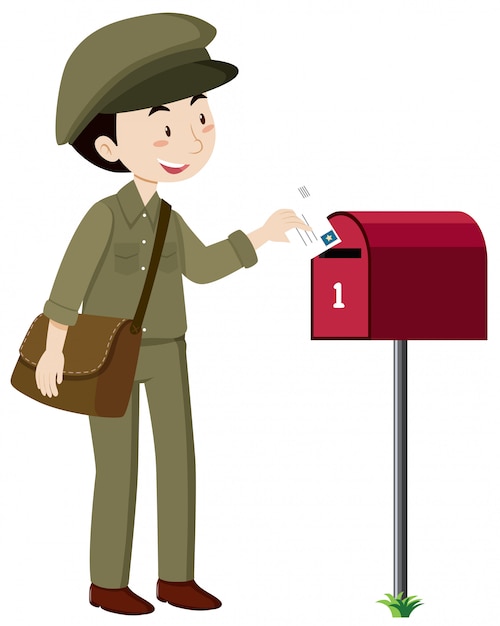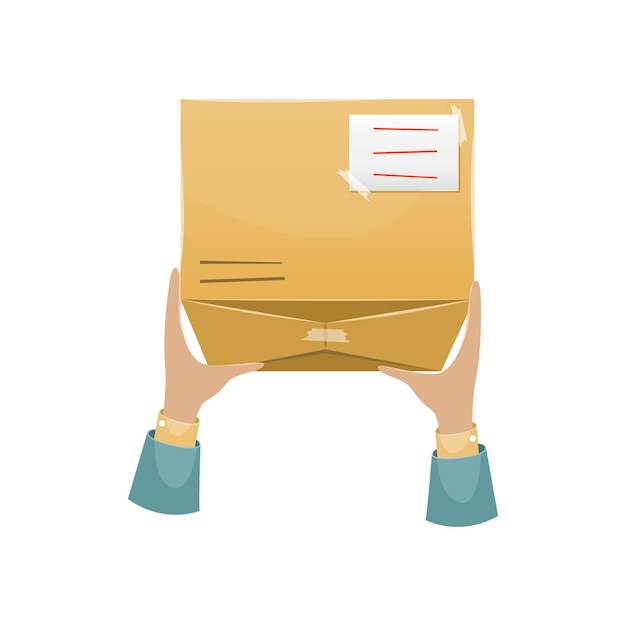

If you download the Postman collection (from the downloads tab), install it and its associated environment, you can also run all the calls of this tutorial to see how Postman should react. I hope this helps, even if the programming language is not the same.įor more details, the entire workflow of a scheduled extraction is described in REST API Tutorial 12. We do not have C++ samples, but if you download the Java samples (from the downloads tab) and look at one of the three "DSS2ImmediateSchedule" samples you will easily understand the logic, and how we save the compressed data file to disk. It will automatically decompress the contents, and display them on screen (there are limits to the file size Postman can handle, so don't request too much data otherwise it will hang). Second, Postman will not save the file to disk.

In response, it tells about the type of returned content, to the client.


For example, for image file its media type will be like image/png or image/jpg, etc. The media type is a string sent along with the file indicating the format of the file. If you did use a GET, then could you post the error that was delivered with the 400 Bad Request ? It will help to debug. The Content-Type header is used to indicate the media type of the resource. Did you do a GET or a POST to this URL ? You need to do a GET. I don't know why you got a 400 Bad request. Please correct me if my assumption is wrong.įirst of all, to retrieve the data, you do not need to provide a filename but an extracted file ID, so you are perfectly correct in making a call to (‘VjF8MHgwNWNjOWMxYWUwZmIyZjk2fA’)/$value, that is the correct way to retrieve the file contents. I'm guessing you are doing a scheduled extraction, using an instrument list, report template and schedule. Tick-history-rest-api Download Jerome Guiot-Dorel, I tried this with Postman : (‘VjF8MHgwNWNjOWMxYWUwZmIyZjk2fA’)/$valueand got 400 Bad request Obviously I am aware I do not provide a filename but as my previous request gave me the result below, I thought a _OnD_ file were going to appear somewhere on my disk. Once a request is completed, is there a simple HTTP request which allows to download a file on my own machine ? The above code is self explanatory.It seems much more difficult to download the results in a file than with the TRTH SOAP version. ConfigurationProperties (prefix = "file" ) public class FileStorageProperties, true )


 0 kommentar(er)
0 kommentar(er)
